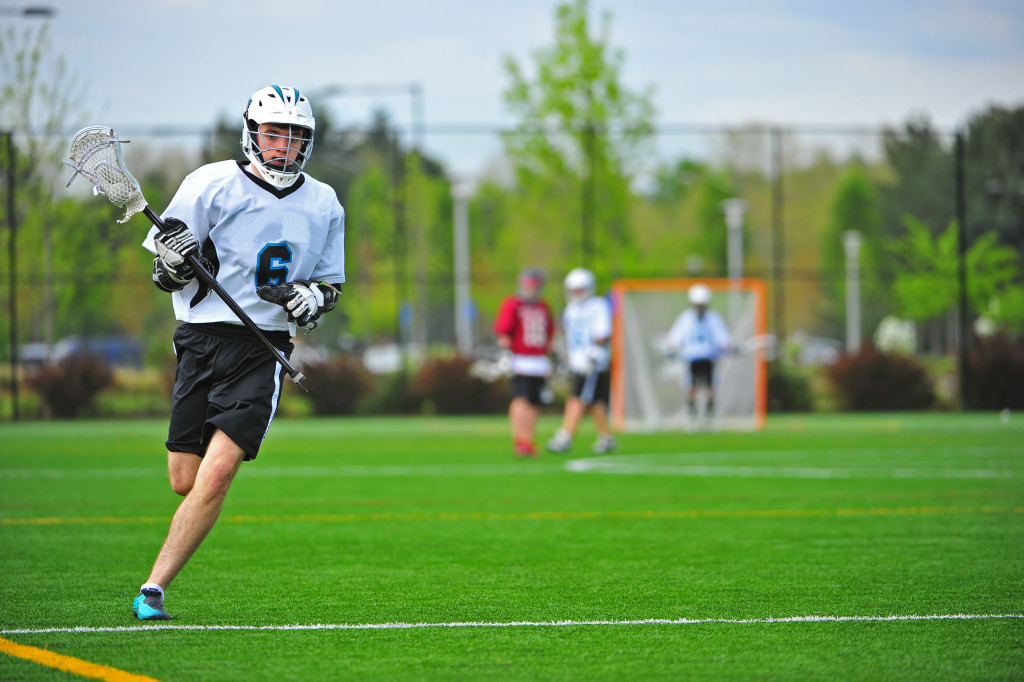Athletes from every sport level know what it’s like to feel tired and consequently place a premium on rest and recovery. But why do you sometimes feel like you have the energy but struggle to translate it to expected performance results? Addressing the issue of mental fatigue can be the key to a full restoration.
The energy tank
The ideal model of an athlete’s energy would be like liquid in a tank. Feeding the tank are the tubes of nutrition, rest days, and recovery methods. Draining the tank like a fluid dispenser nozzle would be actual competitive games. The stress of each game takes something out of you, but as long as the rate of replenishment matches its consumption, you’ll be fine.
Adding another layer to this model is the athlete’s need for practice, training, and conditioning. Elite athletes aren’t static. They work on honing their skills. Otherwise, they risk slipping behind their competitors. They also have to maintain ‘game shape’ because you can’t just step straight into competitions without first getting into the groove.
Training work can be visualized as a mixing or stirring mechanism inside the tank. It keeps the liquid warm and able to flow smoothly when you turn on the tap. Without that mechanism, the liquid congeals. The tank will be full of energy, but not in a useful form. It will struggle to squeeze out on demand.
Understanding stress
The problem with this picture is that it tends to be focused entirely on the physical nature of sports and the athlete’s physiological response to those stimuli. And it makes for a rather simplistic approach to energy and performance management.
Training takes place in a controlled setting. It’s an opportunity for the athlete to tap into the power of eustress and deliberately push themselves to get better somehow. Real games are played at a high intensity, with more pressure and unpredictable outcomes. They can also provide learning opportunities but are more likely to leave you exhausted at the end.
The average person will never know what it’s like to play sports at an elite level. But when you consider these things in the light of stress, it’s something we’re all intimately familiar with. We know that a conducive environment helps you learn from a moderately challenging stimulus. And we also know that too much stress taxes not just our bodies, but our minds.
Anyone who has experienced burnout will know that it’s a mental struggle. You can lie in bed for more than eight hours a day or indulge in your favorite foods. Your body will have energy, but your mind will refuse to go back to work the way you need it to.

Recent studies have shown that among athletes, mental fatigue works in the same way. By deliberately engaging endurance athletes in training involving a 40% increase to their workload, scientists replicated the effects of excessive cognitive work. This resulted in decreased decision-making activity and a tendency towards impulsive action.
The implications of mental fatigue might not matter much when you’re going through training drills. But in a high-stakes competitive match, they can make all the difference.
Training the mind
Every employee who has had to push through mental exhaustion will recognize the symptoms. But athletes are wired differently. They are innately competitive and accustomed to performing at a high level.
When things go wrong, their first instinct is not to step back and take a break. They look at how they could work to get even better. Sometimes, this leads to an improvement. But it can also lead to ignoring actual warning signs.
Sports culture also plays a role here. It’s well-known that athletes are conditioned to play through pain. Doing any less could be interpreted as a sign of weakness. And just as ignoring the signals of pain can lead to injury, ignoring the fact that you’re mentally fatigued can take your performance down a blind alley.
Your energy tank might be full after carefully managing your body, and when the competition starts, you follow through according to how you’ve trained. But outcomes in sport often come down to the details.
You make split-second decisions on whether to pass or shoot in a team sport such as soccer or basketball or adjusting individual tactics in tennis or athletics competitions. Versus an opponent of the same caliber, who happens to have better mental focus, small errors or lapses in judgment can cost you the game.
Any athlete who wants to truly perform at their best should make this change now. Train the mind along with the body. Limit the extraneous, stress-inducing elements such as social media. Practice meditation or breathing exercises to calm the mind and restore focus. You need both mind and body to be at their best.
